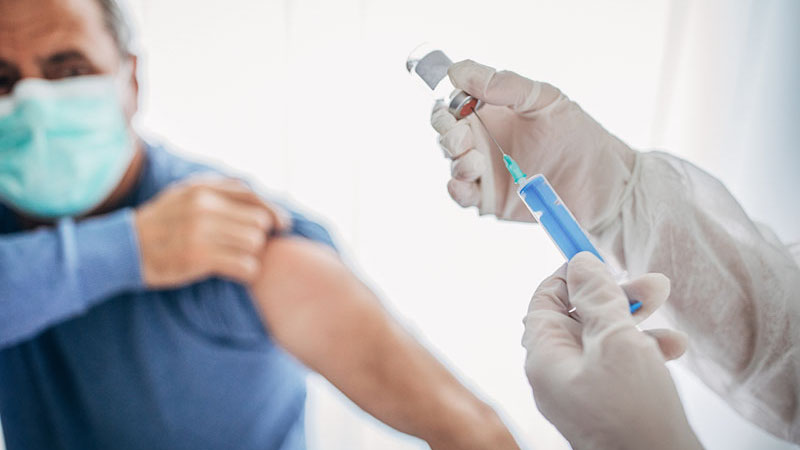
August is National Immunization Awareness month, a great time to review what vaccinations may be needed for every member of the family.
In addition to parents getting their children’s shots updated for school, it’s also a good time for adults to review the immunizations they may need to keep themselves, and those around them, healthy.
COVID-19
For people who have not yet been vaccinated against COVID-19, now is the time. Another wave of illness from the super contagious delta variant is causing hospitalizations and death, even in younger adults.
The COVID-19 vaccine is widely available, safe and it protects not just the person being vaccinated, but everyone with whom they spend time, including children too young to receive their own vaccination.
People who are reluctant to get vaccinated for COVID-19 should discuss it with a trusted health care clinician.
Annual influenza (flu)
As fall approaches, it’s time for an annual flu shot for everyone ages 6 months and older. It’s best to get a flu shot in September or October. If not by the end of October, get it as soon as possible. Flu shots are especially important because of the COVID-19 pandemic, as it is possible to get both illnesses. Older adults and people with chronic health conditions can be more seriously affected by the flu.
Pneumococcal (pneumonia)
There are two pneumococcal vaccines for pneumonia:
- Pneumococcal conjugate (PCV13)
- Pneumococcal polysaccharide (PPSV23)
Age, health and lifestyle (smoking) can affect the timing on when the vaccination is required and which vaccine is needed.
The Centers for Disease Control and Prevention recommends that all adults 65 and older receive one dose of PPSV23, even if they have already received one or more doses previously. This age group may also need the PCV13 if they are in a high-risk group. Talk to your clinician about what is best for you.
Tdap — Tetanus, diphtheria and pertussis (whooping cough)
Most people don’t worry about getting a tetanus, diphtheria and pertussis booster, but it’s important for some adults to receive this vaccination:
- Pregnant women
- Adults who are around very young babies
- Any adult who did not receive the recommended series of DTaP as a child
Discuss these vaccinations with a health care provider; they are the best source for information.
Shingrix (recombinant zoster vaccine for shingles)
Shingles is a painful and sometimes serious rash that develops on one side of the body. It can cause post herpetic neuralgia, which causes ongoing pain, even after the rash has healed.
Shingles is related to chicken pox because they are caused by the same virus (varicella zoster virus). According to the CDC, most Americans 40 and older had chicken pox as children. Anyone who had chicken pox still has varicella zoster virus, and it can emerge and cause shingles.
The older a person is, the more likely they are to get shingles. Recombinant zoster vaccine (Shingrix) is given two times within a six-month period to healthy adults 50 and older. Shingrix is more than 90% effective at preventing shingles in fully vaccinated adults.
Immunization records
It’s important for people to keep their vaccination records current. Because vaccinations are available at such a variety of locations, they may not be recorded at their primary care physician office. If this information isn’t recorded at the office, it can be difficult for a clinician to keep up with what vaccinations are needed.
Many states have a central database that contains shot records:
- Texas – Texas Immunization Registry, ImmTrac2 (dshs.texas.gov/immunize/immtrac)
- Florida – Florida SHOTS website (flshotsusers.com)
The record is entered into the database by the person who administers the vaccination. Patients can also ask for a record of their vaccination to give to their PCP.





